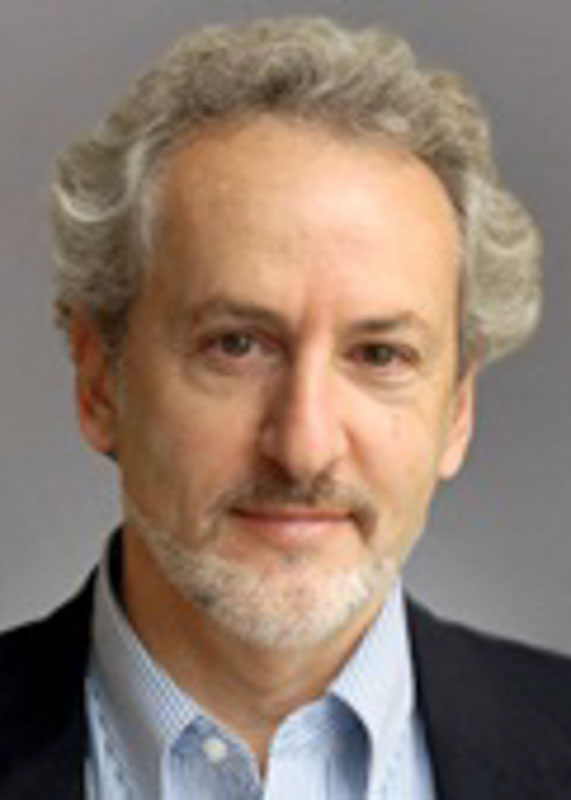Members

Donald Elliot Ingber, MD, PhD
Founding Director, Wyss Institute for Biologically Inspired Engineering
The Judah Folkman Professor of Vascular Biology, Harvard Medical School And the Vascular Biology Program, Boston Children’s Hospital
Professor of Bioengineering, Harvard John A. Paulson School of Engineering
MEC Member: N/A
Email: don.ingber@wyss.harvard.edu
Donald E. Ingber, M.D., Ph.D., is the Founding Director of the Wyss Institute for Biologically Inspired Engineering at Harvard University, theJudah Folkman Professor of Vascular Biology at Harvard Medical School and the Vascular Biology Program at Boston Children’s Hospital, and Professor of Bioengineering at the Harvard John A. Paulson School of Engineering and Applied Sciences. He received his B.A., M.A., M.Phil., M.D. and Ph.D. from Yale University.
Ingber is a pioneer in the field of biologically inspired engineering, and at the Wyss Institute, he currently leads scientific and engineering teams that cross a broad range of disciplines to develop breakthrough bioinspired technologies to advance healthcare and to improve sustainability. His work has led to major advances in mechanobiology, cell structure, tumor angiogenesis, tissue engineering, systems biology, nanobiotechnology and translational medicine. Through his work, Ingber also has helped to break down boundaries between science, art and design. Ingber has authored more than 500 publications and 165 patents, founded 5 companies, and has presented 550 plenary presentations and invited lectures world-wide. He is a member of the National Academy of Engineering, National Academy of Medicine, National Academy of Inventors, American Institute for Medical and Biological Engineering, and the American Academy of Arts and Sciences. He was named one of the Top 20 Translational Researchers world-wide in 2012 and 2020 (Nature Biotechnology), a Leading Global Thinker of 2015 (Foreign Policy magazine), and has received numerous other honors in a broad range of disciplines, including the Robert A. Pritzker Award and the Shu Chien Award (Biomedical Engineering Society), Rous Whipple Award (American Society for Investigative Pathology), Lifetime Achievement Award (Society of In Vitro Biology), Leading Edge Award (Society of Toxicology), Founders Award (Biophysical Society),
Department of Defense Breast Cancer Innovator Award, and Wilbur Cross Medal from Yale University.
Ingber has made great strides in translating his innovations into commercial products and many are now either in clinical trials or currently being sold. Examples of technologies Ingber has developed include therapeutics for cancer and pandemic viruses; micropatterned culture substrate research tools; a dialysis-like sepsis therapeutic device that clears blood of pathogens and inflammatory toxins along with a companion diagnostic; an anticoagulant surface coating for medical devices that replaces the need for dangerous blood-thinning drugs; a shear stress-activated nanotherapeutic that targets clot-busting drugs and vasodilators to sites of vascular occlusion; low cost nasopharyngeal swabs and highly sensitive multiplexed electrochemical sensors for COVID-19 diagnostics; and Human Organ Chips lined by living human cells that are being used to replace animal testing for drug development and personalized medicine. Ingber’s Organ Chip technology was named one of the Top 10 Emerging Technologies by the World Economic Forum and Design of the Year by the London Design Museum. It was also acquired by the Museum of Modern Art (MoMA) in New York City for its permanent design collection.
